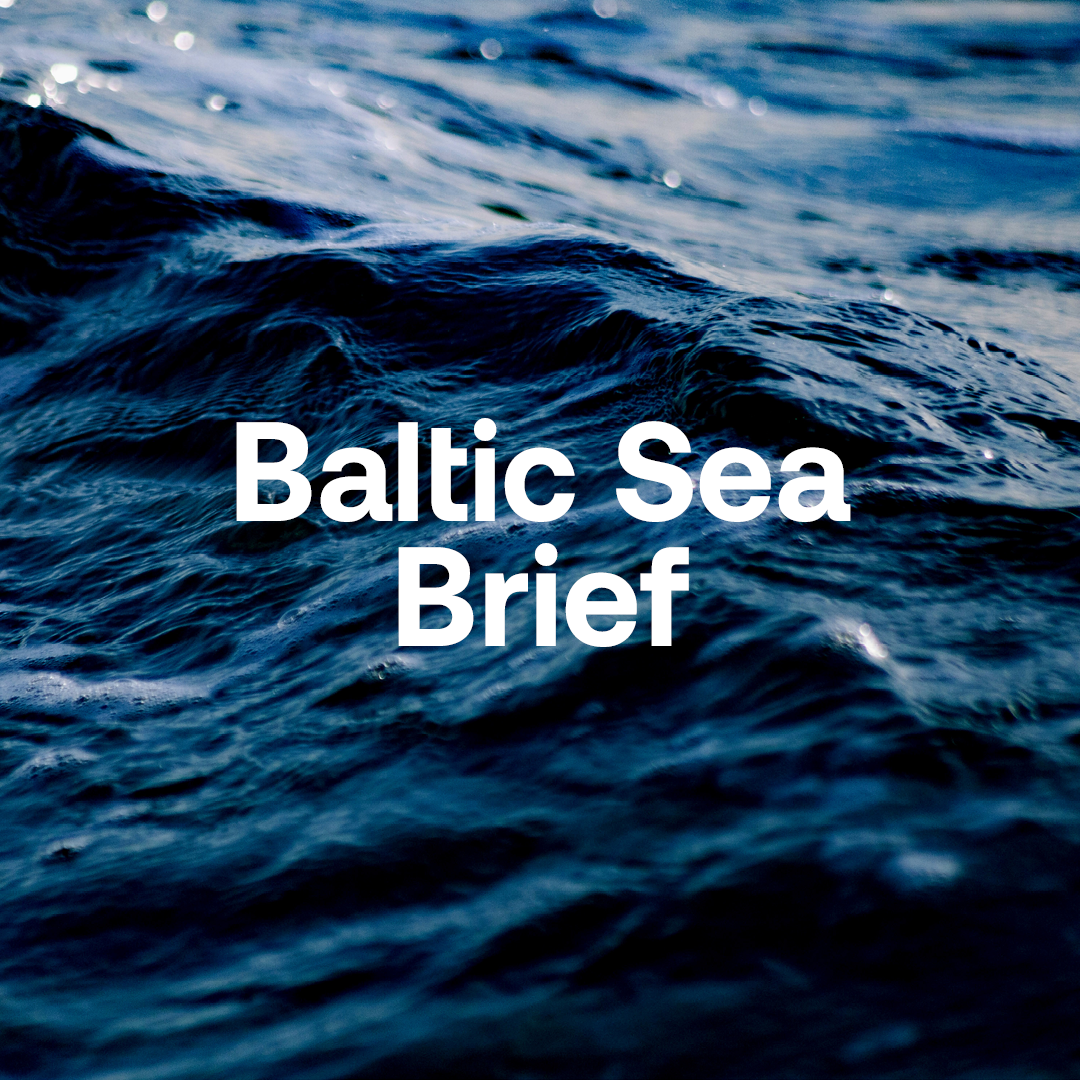The CEO has the floor
This week we at BalticWaters have released an investigation that shows extensive misreporting of catches in the large-scale Swedish herring and sprat fishery. The investigation shows how large-scale trawlers systematically misreport catches and catch compositions, how the management system creates incentives that counteract correct reporting, how the Swedish Agency for Marine and Water Management seemingly arbitrarily writes off fines, and that Sweden thereby repeatedly violates EU law.
But it is a long way from words to action. We at BalticWaters often ask ourselves the question – How do we proceed now? How do we get politicians and authorities to act when something is so obviously wrong? I think we must be many who ask questions. To Rural Affairs Minister Peter Kullgren: When and how will the government act to correct the misreporting of fish in Sweden? And to the Swedish Agency for Marine and Water Management: Why does the agency not follow EU law and why are fines not set according to transparent and understandable principles? Help us contribute to change by bringing the problems to the attention of politicians and journalists!
– Konrad Stralka, BalticWaters
Authorities look on while catches are misreported
A new review by BalticWaters shows that tens of thousands of kilograms, or thousands of per cent of a species, can be misreported during a single unloading in port. If discovered, there is a fine of SEK 2,000, even though a catch can be sold for millions. Politicians have watched for decades as the Baltic Sea is fished out, and now direct action is needed before the last rubble is fished out.
At the end of the 1990s, the Swedish Environmental Protection Agency wrote that the number of unreported catches in commercial fishing was so large that it was not possible to estimate stocks reliably. Although the problems have been recognised time and again in recent decades, the violations continue.
In a review of sanction decisions taken by the Swedish Agency for Marine and Water Management (SwAM) between July 2021 and June 2022, BalticWaters has found that 16 of the 20 vessels that fished the most in the Baltic Sea in 2021 misreported catches. The larger the catches, the greater the misreporting detected, both in weight and percentage. Several parts of the regulations allow captains to benefit from misreporting, while the penalties for detection are low and in many cases mitigated or cancelled by SwAM.
Since catch figures are used as a basis for the International Council for the Exploration of the Sea (ICES) to assess how much fishing the stocks can sustain, misreporting leads scientists and politicians to set quotas on the wrong basis. The problems are well known – yet no safety margins are used to reduce the risk of overfishing, even though catches are also believed to be higher than reported. The results for fish stocks in the Baltic Sea speak for themselves.
In a debate article in DN, we write about the problems and how fisheries crime seems to be accepted, so much so that government after government has passively watched while the seas are fished out. Markings against offences are conspicuous by their absence, while cheating leads to major losses for the environment and society. The winners are a few isolated fishing companies.
The report “Improper and fraudulent fishery – a threat to the Baltic Sea” highlights several different perspectives on the lack of fisheries control, such as the fact that contradictory rules are not changed despite fishermen themselves saying that environmental considerations cannot be achieved with current fishing methods and that Sweden does not comply with the EU’s Common Fisheries Policy, which states that sanctions should be “effective, proportionate and dissuasive”.
BalticWaters lists several key actions that would make a difference. Background and further explanations can be found in the report.
Proposals for action
- Increase penalty fees to levels that discourage cheating.
- Minimise the reduction of fines.
- Continuously evaluate how the current regulatory framework corresponds to the expectations of the fishery, and tighten up the regulations on, among other things, gear and species sorting requirements.
- Push for lower quotas by revising the current management model – let fish populations grow instead of constantly declining.
- Introduce requirements for all catches to be sorted, for vessels to land in the same area they fished and for all large catches to be REM monitored.


